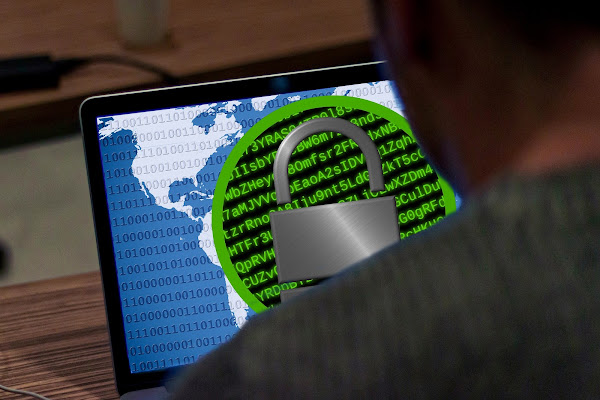In January 2026, a construction company in the United Kingdom found an unwelcome presence inside one of its Windows servers. Cybersecurity analysts from eSentire’s Threat Response Unit (TRU) determined that the intruder was a long-running malware network known as Prometei, a botnet with links to Russian threat activity and active since at least 2016.
Although Prometei has been widely observed conducting covert cryptocurrency mining, the investigation showed that this malware can do much more than simply generate digital currency. In this case, it was also capable of capturing passwords and potentially enabling remote control of the affected system.
According to the analysis shared with cybersecurity media, this attack did not involve complex hacking techniques. The initial intrusion appears to have occurred because the attackers were able to successfully log into the server using Remote Desktop Protocol (RDP) with weak or default login credentials. Remote Desktop, a tool used to access computers over a network, can be exploited easily if account passwords are simple.
Prometei is not a single program that drops onto a system. Instead, it operates as a collection of tools designed to carry out multiple functions once it gains access. When the malware first infects a machine, it adds a new service with a name such as “UPlugPlay,” and it creates a file called sqhost.exe to ensure that it relaunches automatically every time the server restarts.
Once these persistence mechanisms are in place, the malware downloads its main functional component, often called zsvc.exe, from a command server linked to an entity identified in analysis as Primesoftex Ltd. This payload is transmitted in encrypted form and disguised to avoid detection.
After establishing itself, Prometei collects basic technical information about the infected system by using legitimate Windows utilities. It then employs credential-harvesting techniques that resemble the behaviour of publicly known tools, capturing passwords stored on the server and within the network. In the course of this activity, Prometei commonly leverages the TOR anonymity network to conceal its command and control communications, making it harder for defenders to trace its actions.
Prometei also has built-in countermeasures to evade analysis and detection. For example, the malware checks for the presence of a specific file called mshlpda32.dll. If this file is absent, instead of crashing or revealing obvious malicious behaviour, the malware executes benign-looking operations that mimic routine system tasks. This is a deliberate method to confuse security researchers and automated analysis tools that attempt to study the malware in safe environments.
In a further twist, once Prometei has established a foothold, it also deploys a utility referred to as netdefender.exe. This component monitors failed login attempts and blocks them, effectively locking out other potential attackers. While this might seem beneficial, its purpose is to ensure that the malicious operator retains exclusive control of the compromised server.
To protect systems from similar threats, cybersecurity experts urge organisations to replace default passwords with complex, unique credentials. They recommend implementing multi-factor authentication for remote access services, keeping software up to date with security patches, and monitoring login activity for unusual access attempts. eSentire has also released specialised analysis tools that allow defenders to unpack Prometei’s components and study its behaviour in controlled settings.



























